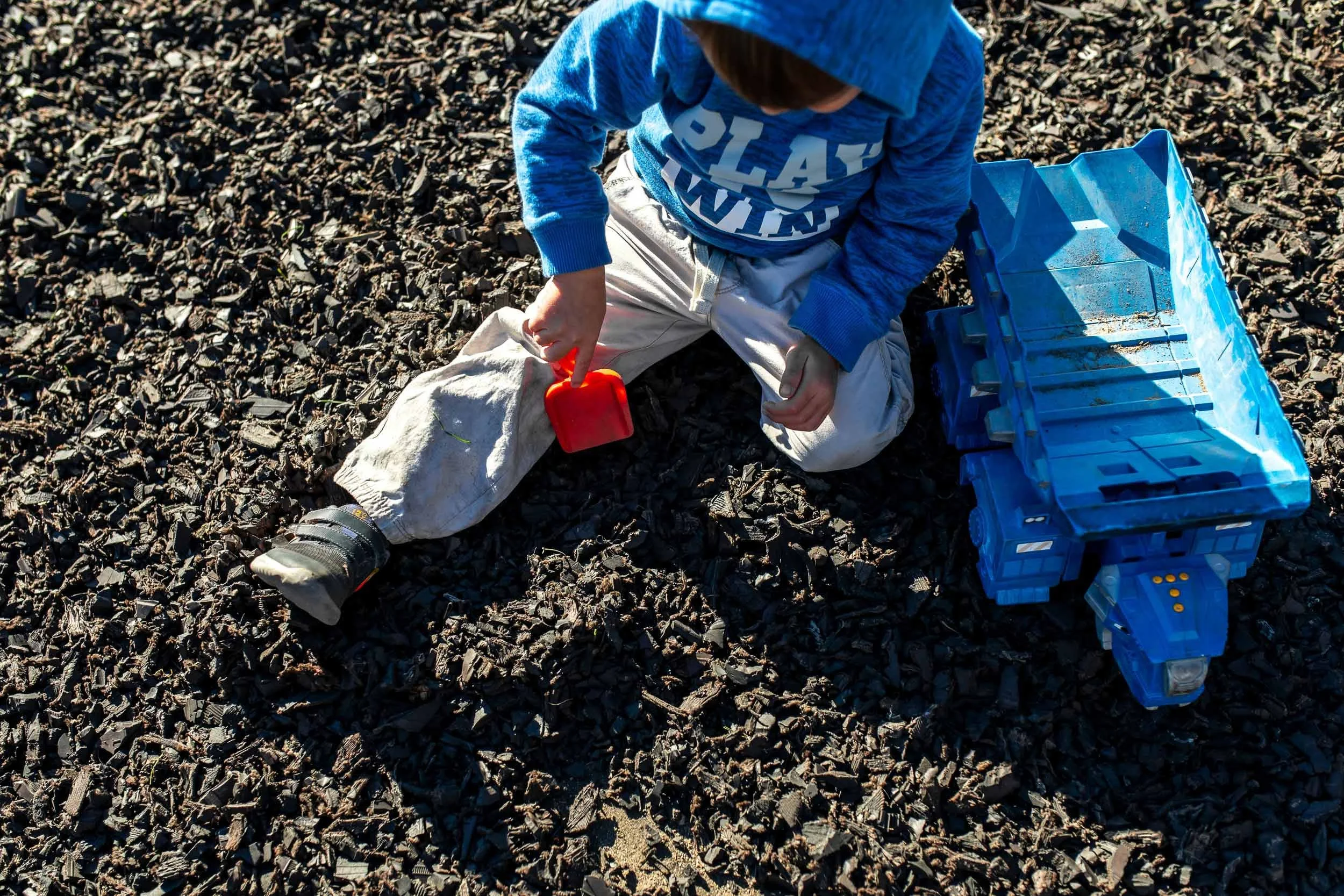Top 6 benefits of sensory play for kids
Ever wonder why little kids seem to want to touch everything they see and put anything they find into their mouths? The answer may surprise you.
While it might seem like kids are so touchy because, well, they’re kids, it’s really because sensory stimulation is a primary way in which they learn. Sensory play, therefore, is an important part of early childhood development. It includes play that engages any of your child's senses—including touch, smell, sight, sound, and taste. It also includes movement, balance, and spatial awareness.
Here are some of the major benefits of sensory play.
1. Cognitive Development
Sensory play has been demonstrated by research to strengthen nerve connections in the pathways of the brain.
Sensory play encourages learning through exploration, builds problem-solving skills, and fosters creativity. This leads to stronger memory and also builds a foundation for learning more complicated tasks in the future.
2. Language Development
Sensory play also helps to build nerve connections in the brain that encourage the development of language, teaching kids different ways to communicate their emotions, wants, and needs.
Playing with different types of textures, tastes, and objects helps your child develop new ways of talking about the world around them. For example, rather than a child describing water as “blue” because they see it on the page of a book, through sensory play they can describe it as wet, cold, slippery, etc. Tastes, too, can build your child's language skills as they learn to describe sensations like saltiness and sweetness.
3. Problem-Solving Skills
Asking questions, analyzing how things work, conducting experiments, and measuring results are all important features of healthy cognitive growth.
With sensory play, kids work on problem-solving skills in a variety of ways, whether that’s moving objects from one container to another, figuring out how to balance something, or how two pieces fit together.
4. Fine Motor Skills
Sensory play that is tactile, or connected to the sense of touch, increases your child’s ability to use small muscle groups and coordinate movements that are crucial for activities like writing, shoe-tying, buttoning, and zipping, among other things.
5. Gross Motor Skills
Gross motor skills include sitting, crawling, running, and jumping—activities that use your child’s body’s large muscles in their arms, legs, and core. Playing outside, whether on a piece of playground equipment or through sports, helps build coordination and proprioception (awareness of their body).
6. Social Development
Sensory play can be a group activity, too, which helps build social connections and skills like sharing, collaboration, teamwork, and communication.
Sensory Play at Small Strides
At Small Strides, we incorporate age-appropriate sensory play for all of our kids. Whether it’s outdoor activities, art, music, block play, or experiments with textures, we ensure that children receive the sensory stimulation they need to develop in fun and healthy ways.
Find out more about how we incorporate sensory play at Small Strides.





